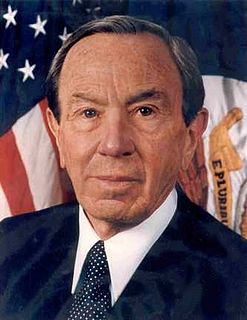A Quote by Nick Turse
The U.S. has taken an active role in wars from Libya to the Central African Republic, sent special ops forces into countries from Somalia to South Sudan, conducted airstrikes and abduction missions, even put boots on the ground in countries where it pledged it would not.
Related Quotes
The international community has to overcome its differences and find solutions to the conflicts of today in South Sudan, Syria, Central African Republic and elsewhere. Non-traditional donors need to step up alongside traditional donors. As many people are forcibly displaced today as the entire populations of medium-to-large countries such as Colombia or Spain, South Africa or South Korea.
A number of African countries came to us and said, we request that South Africa should not field a candidate, because so many other African countries wanted to, and, in any case, South Africa would continue to play a role in terms of building the African Union, and so on. And they actually said, please don't field a candidate, and we didn't. As I have said, it is not because we didn't have people who are competent to serve in these positions.
The reality is that [Barack] Obama has some 15 countries in the current Libya coalition. President Bush put together close to 50 countries for the Afghan coalition, some 40 countries for the Iraqi coalition, more than 90 countries for the Proliferation Security Initiative and over 90 countries in the Global War on Terror.
This whole concept of boots on the ground, we've got a phobia about boots on the ground. If our military experts say, we need boots on the ground, we should put boots on the ground and recognize that there will be boots on the ground and they'll be over here, and they'll be their boots if we don't get out of there now.
It would be a huge mistake to abandon democracy promotion. Peaceful political change has been enormously successful in the past years in Eastern European countries as well as in countries like South Korea, South Africa, Chile and Indonesia. However, if possible, the use of force is something to avoid except in cases where genocide is threatened, like Bosnia or Libya or with regimes that threaten our security, like the Taliban and Saddam Hussein.
Currently, the United States has troops in dozens of countries and is actively fighting in Iraq, Syria, Libya, and Yemen (with the occasional drone strike in Pakistan). In addition, the United States is pledged to defend 28 countries in NATO. It is unwise to expand the monetary and military obligations of the United States given the burden of our $20 trillion debt.
When Hillary Clinton says no boots on the ground, now, whether you want boots on the ground or not you shouldn't say it because you've just taken - so she said there will be no boots on the ground, she's very strong because politics, you know, it sounds a little bit better to say no boots on the ground.
The authorization I propose would provide the flexibility to conduct ground combat operations in other more limited circumstances, such as rescue operations involving U.S. or coalition personnel or the use of special operations forces to take military action against ISIL leadership, it would also authorize the use of U.S. forces in situations where ground combat operations are not expected or intended, such as intelligence collection and sharing, missions to enable kinetic strikes or the provision of operational planning and other forms of advice and assistance to partner forces.
I think what Mr. Trump has made clear is that he would not undertake optional wars, what I have called wars of choice, a la, say Iraq in 2003 or Libya, for the purposes of transforming another country. It's not clear whether Hillary Clinton, if she were to have the opportunity, would do such a thing again or whether she would have taken a - the lesson from both Iraq and Libya that we ought not to be undertaking those kinds of wars of choice.








































